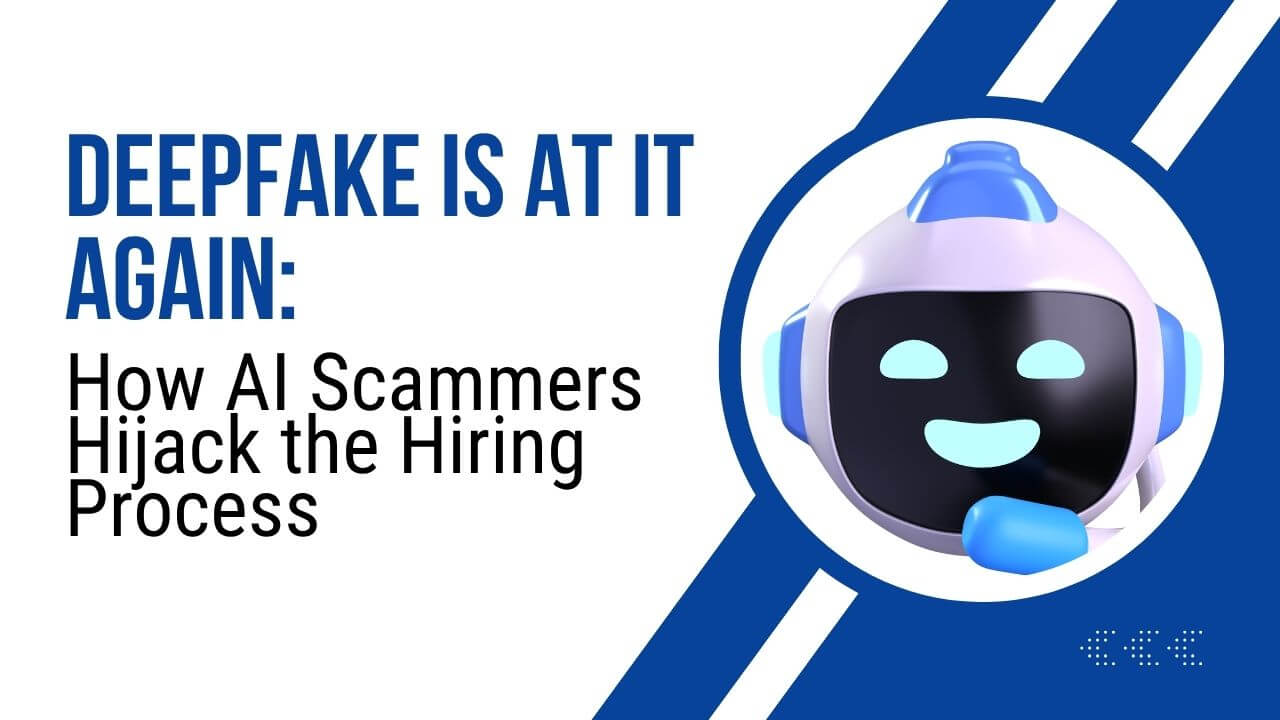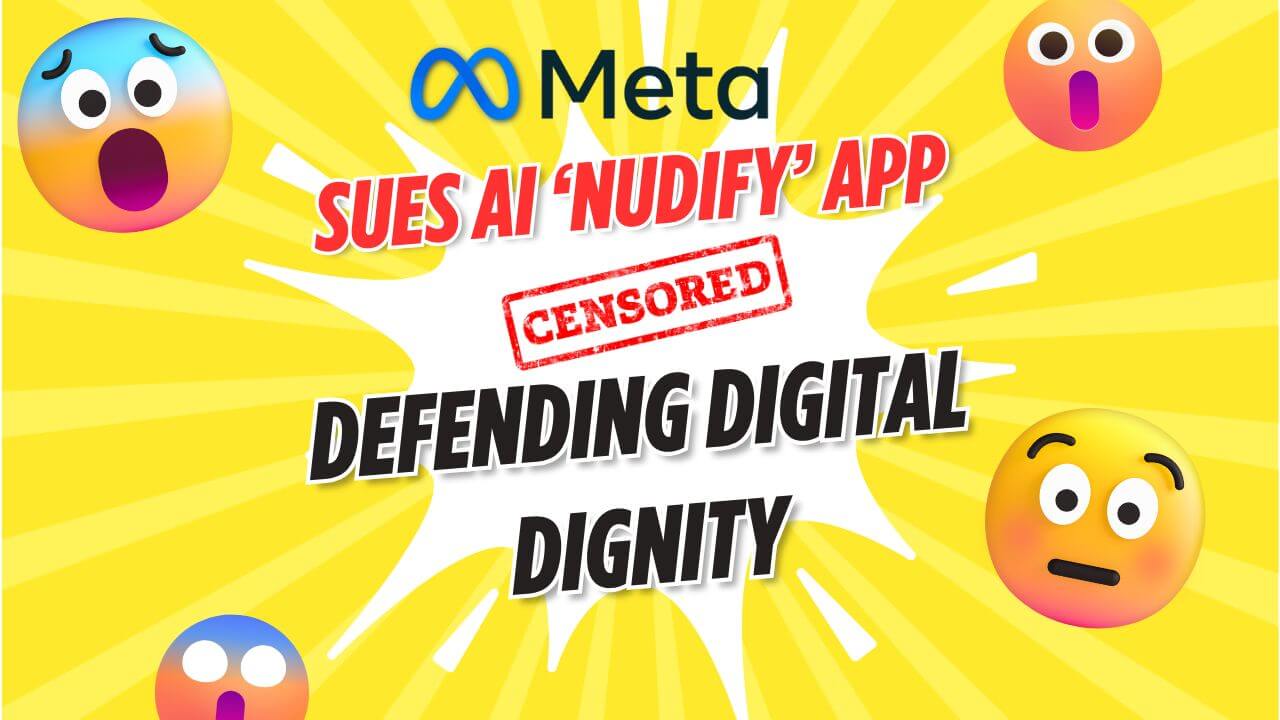Scammers have stepped up their game in today’s digital age, where remote work and virtual interviews are the norm. As reported by MSN and CBS News, artificial intelligence isn’t just transforming industries—it’s also arming fraudsters with advanced tools to create fake job applicants that can fool even the savviest hiring managers. And yes, deepfake is at it again, adding another layer of deception to the recruitment process.
The Rise of AI-Driven Recruitment Fraud
Scammers are now leveraging sophisticated AI technology to generate entire professional personas. With just a few clicks, they can fabricate:
- Realistic resumes and credentials that look convincingly authentic.
- Deepfake video interviews where synthesized voices and faces impersonate actual candidates.
- Fake certificates and digital portfolios that are hard to distinguish from genuine records.
According to industry reports—and echoed in our AI Scam Playbook 2025—a significant number of businesses have experienced incidents of AI deepfake fraud. In some cases, scammers have even managed to bypass preliminary screening processes, making it increasingly challenging for companies to verify the legitimacy of applicants.
Deepfake Is at It Again: The New Frontier in Job Application Scams
Deepfake technology, once primarily associated with celebrity impersonations and political misinformation, has now found a new playing field: recruitment. Scammers use deepfake tools to:
- Mimic interview behaviors: They create videos where the candidate’s facial expressions and lip movements don’t quite match the audio, yet appear alarmingly real.
- Fabricate complete identities: Entire LinkedIn profiles, polished resumes, and fabricated work histories are produced to lure companies into believing they’re hiring genuine talent.
- Exploit automated screening: In a digital hiring process where algorithms are used for initial vetting, these AI-generated documents slip through unnoticed unless manually flagged.
The persistent evolution of deepfake scams is a dire reminder that technology can be a double-edged sword, driving innovation while simultaneously opening doors for sophisticated fraud.
Filipino Context: What This Means at Home
For many Filipinos, remote work has become a staple, especially in a market where online applications span across continents. With job seekers and employers heavily relying on virtual platforms, the threat of AI-driven recruitment fraud looms large:
- Local Businesses and Startups: As companies in the Philippines embrace digital hiring, they must now invest extra time and resources into verifying candidate identities.
- Job Seekers’ Vulnerability: Unsuspecting applicants might find themselves duped into paying fees for fake application processes or inadvertently sharing personal data on malicious sites.
- Government and Regulatory Bodies: Similar concerns have been raised in other sectors, such as reported fake job postings for government agencies, as seen in recent fact-checks.
By staying alert and informed, employers and job seekers alike can protect themselves from these fraudulent schemes. The Philippines, known for its resilient and resourceful workforce, now faces the challenge of integrating new safeguarding measures into its digital hiring practices.
Learning from Past Exploitation Cases
The misuse of deepfake technology isn’t isolated to recruitment fraud. In our previous post, Meta Sues Nudify App: Digital Exploitation Protection, we examined how AI has been weaponized in different realms of digital exploitation. These cases highlight a larger, systemic issue: while AI opens new avenues of opportunity, it simultaneously provides scammers with the means to orchestrate complex frauds.
Employers and job platforms must leverage advanced AI-powered screening tools to detect the subtle inconsistencies in video interviews and verify the authenticity of digital credentials. At the same time, applicants should exercise caution, verify the legitimacy of job postings, and report suspicious activities to protect the integrity of the hiring process.
Conclusion: Stay Smart in an AI-Driven World
The digital revolution has reshaped the employment landscape, offering endless opportunities while also posing significant risks. As deepfake technology continues to evolve, both employers and job seekers in the Philippines must be equipped with critical observation skills and verified AI tools to fend off scams. By learning from our past experiences—as detailed in our AI Scam Playbook 2025 and other analyses—we can build a more secure digital hiring ecosystem.
Deepfake is at it again, but with vigilance, continued education, and the right technology, the Filipino workforce can harness the benefits of AI while keeping scams at bay.
For more insights on AI fraud and digital exploitation, be sure to check out our previous posts on Meta Sues Nudify App: Digital Exploitation Protection and AI Scam Playbook 2025.





